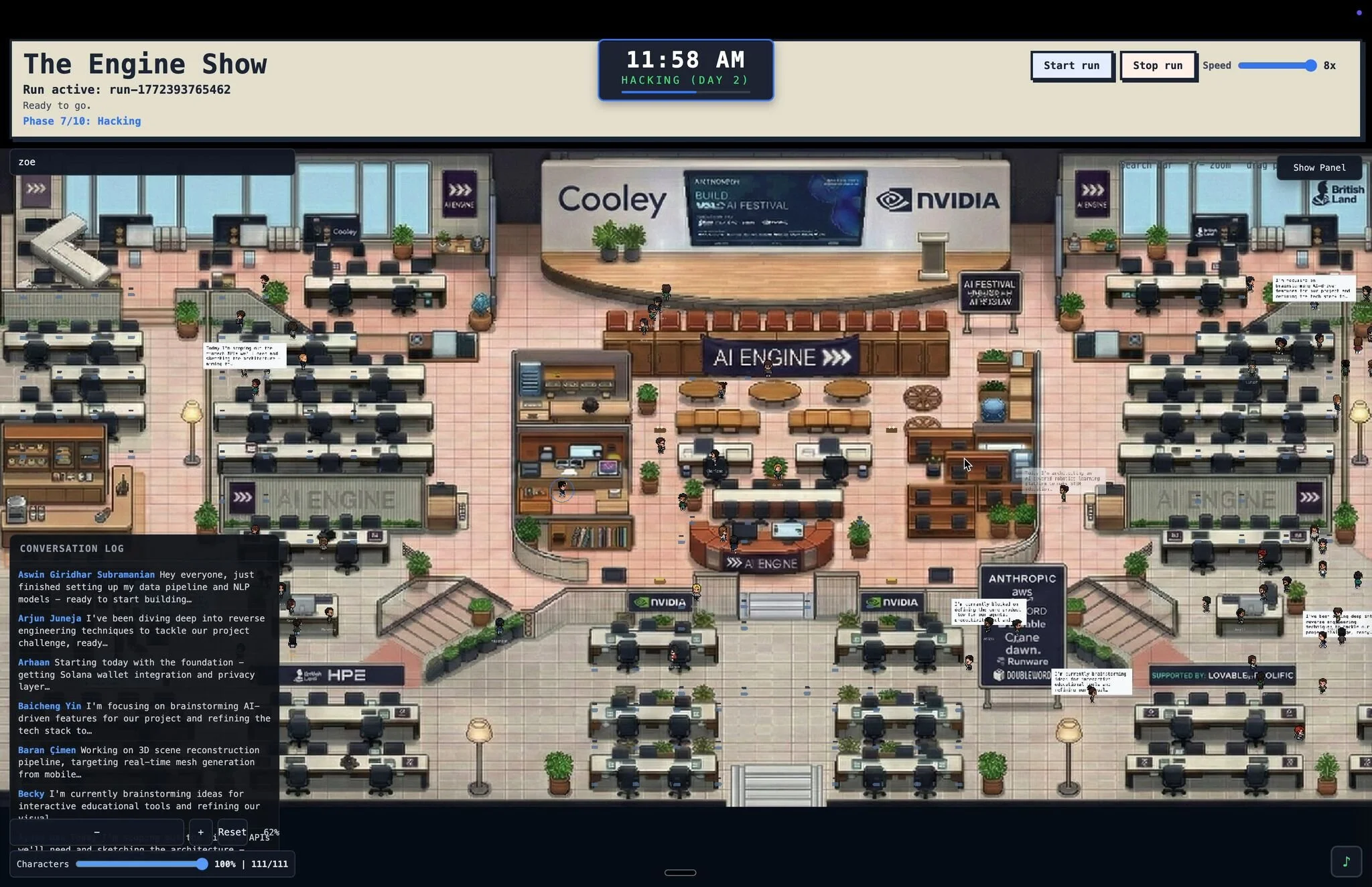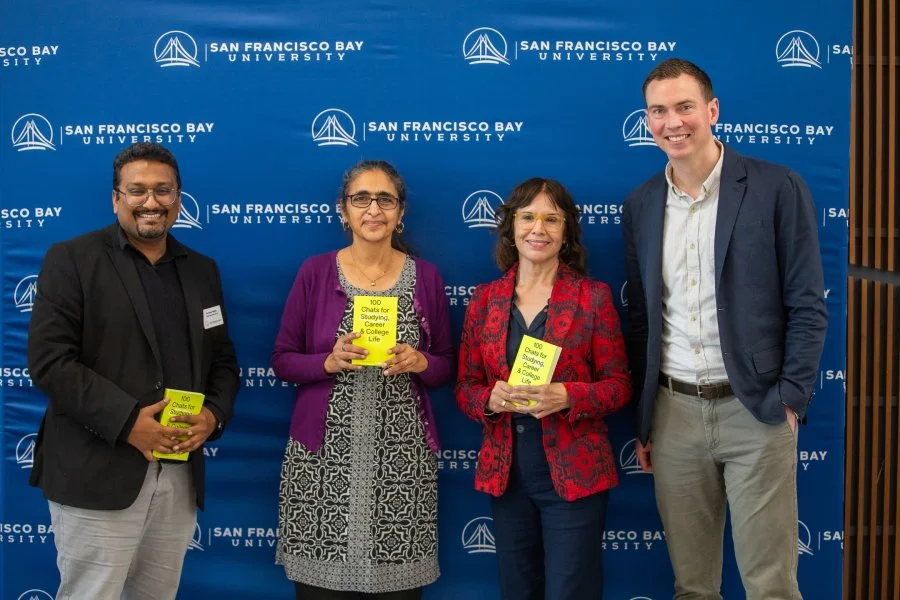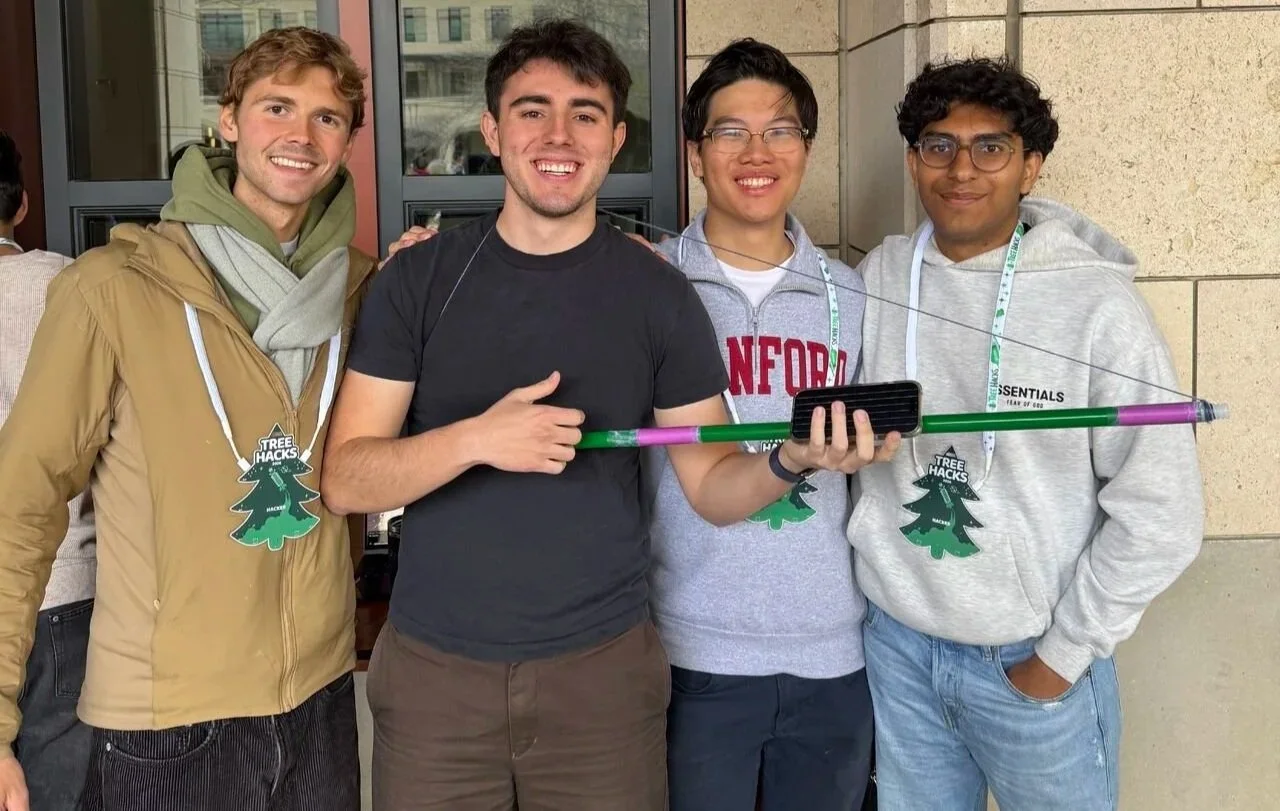Universal Quantum teams up with Hamburg University of Technology on scalable quantum software
The partnership, backed by Hamburg Innovation and Development Bank funding, aims to advance fault-tolerant quantum computing with a new programming interface.

Universal Quantum Deutschland GmbH, a subsidiary of Universal Quantum, has partnered with Hamburg University of Technology (TUHH) to create a programming interface designed for quantum systems with up to 100,000 physical qubits.
The collaboration is supported by a multi-million Euro package from the Hamburg Innovation and Development Bank.
Universal Quantum focuses on building scalable, fault-tolerant quantum computers based on a patented modular chip architecture. Since opening its Hamburg office in 2022, the company has expanded its expertise in ion trap engineering, quantum control, and systems integration. It is also involved in the DLR Quantum Computing Initiative and other major research projects, with plans to grow its German team further.
Key deliverables and development roadmap
The joint project will deliver programming interfaces for algorithm design, error-correction integration, and resource profiling. It will also include developer tools combining algorithm design with quantum error correction methods, as well as benchmarking protocols to evaluate algorithmic and error-correction performance.
Prof Sebastian Weidt, CEO and co-founder of Universal Quantum, says, “At Universal Quantum we are all about scaling of qubits to unlock the full potential of quantum computing. It is crucial the software stack keeps up with the scaling of our hardware. This partnership marks an important step towards unlocking large-scale quantum advantage for end users. With our unique hardware-software co-design and world-leading error-correction expertise, we are ready to scale to 100 000+ qubits and deliver transformative applications in areas from drug discovery to climate modelling.”
The partnership will focus on ensuring that the software ecosystem can support the hardware scaling required for fault-tolerant systems. It also aims to establish new standards for quantum benchmarking to help developers and users build at scale with greater confidence.




















